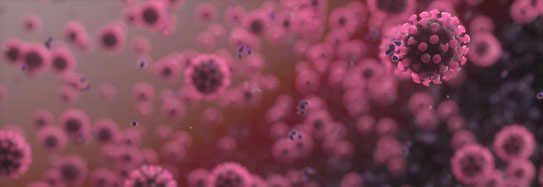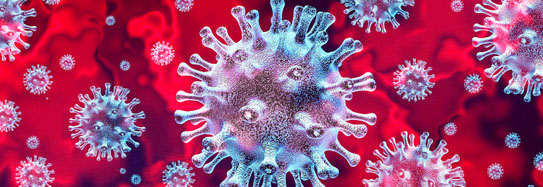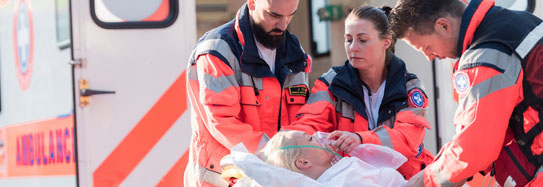Food poisoning is the term the general public tends to use when speaking of illnesses caused by eating food that made them ill. A large number of bacteria, viruses, and parasites can cause food poisoning. If you consume food products that contain these germs, you could become seriously ill and this infection can trigger sepsis.
Sepsis, which was often called blood poisoning, is the body’s life-threatening response to infection. Like strokes or heart attacks, sepsis is a medical emergency that requires rapid diagnosis and treatment.
Suggested Citation:
Sepsis Alliance. Sepsis and Food Poisoning. 2024 https://www.sepsis.org/sepsisand/food-poisoning/
Updated January 5, 2024.







































